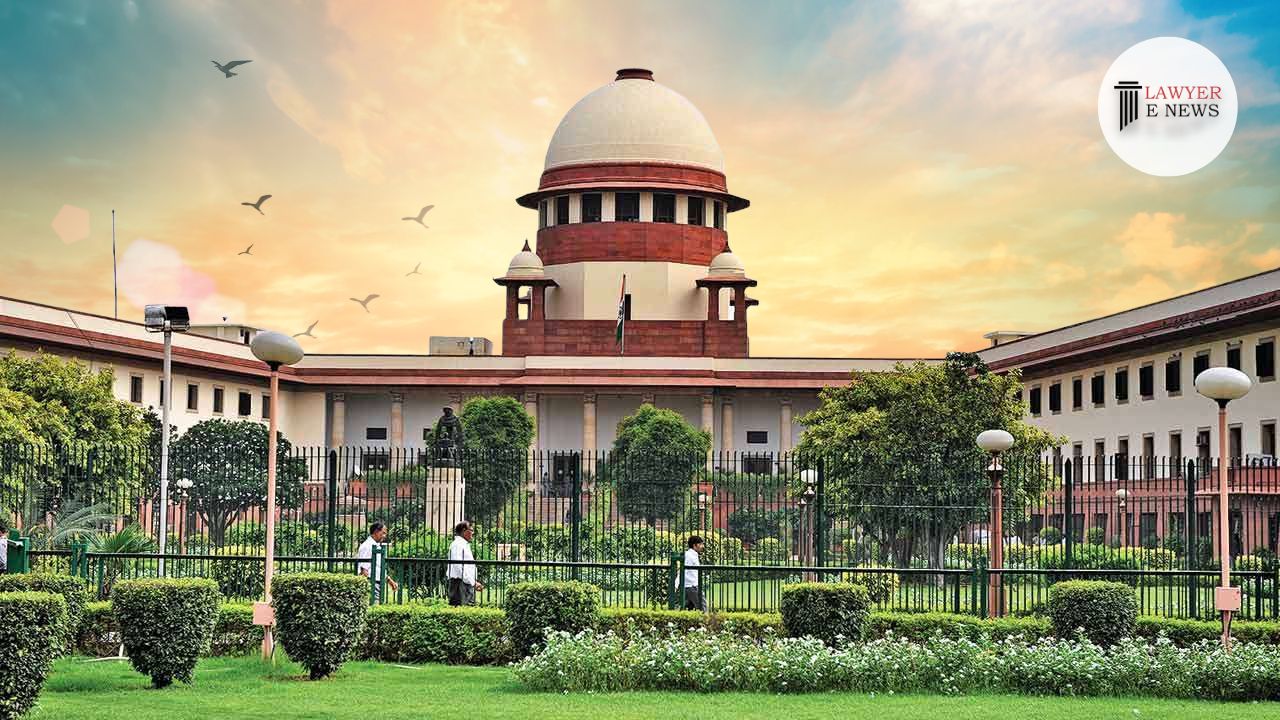-
by Admin
15 February 2026 5:35 AM



New Delhi, September 1, 2023 - In a landmark judgment, the Supreme Court of India has clarified the property rights of children born from void or voidable marriages under the Hindu Marriage Act, 1955 (HMA 1955) and the Hindu Succession Act, 1956 (HSA 1956). The Court stated that such children have rights "only in the property of their parents and not of any other person."
Justice Dhananjaya Y Chandrachud, leading the three-judge bench, observed, "While conferring legitimacy in terms of sub-section (1) on a child born from a void marriage and under sub-section (2) to a child born from a voidable marriage which has been annulled, the legislature has stipulated in sub-section (3) of Section 16 that such a child will have rights to or in the property of the parents and not in the property of any other person."
The judgment comes as a significant clarification in the realm of Hindu personal law, particularly concerning the rights of children born from marriages that are either void or voidable. The Court emphasized that the legitimacy conferred by Section 16 of the HMA 1955 does not automatically make such children coparceners in a Hindu Undivided Family governed by Mitakshara law.
"The provisions of the HSA 1956 have to be harmonized with the mandate in Section 16(3) of the HMA 1955," Justice Chandrachud added. He further noted that the property of the parent, where the parent had an interest in the property of a Joint Hindu family governed under the Mitakshara law, has to be ascertained in terms of the Explanation to sub-section (3).
The judgment also revisited and clarified the observations made in the referring judgment by a two-judge bench. It laid down that the interpretation of the Court must be guided by the constitutional principle of individual dignity but within the limitations set by the law.
The Court's decision is expected to have far-reaching implications, particularly for pending cases involving similar issues. The judgment has been circulated to all High Courts for immediate listing and disposal of such cases.
D.D.01.09.2023
Revanasiddappa & Anr. vs Mallikarjun & Ors.
